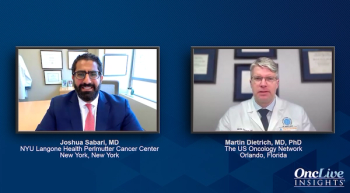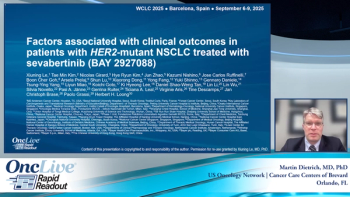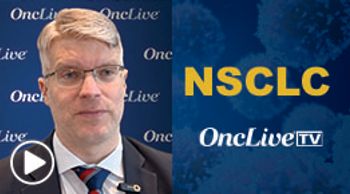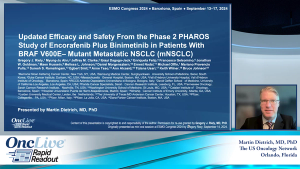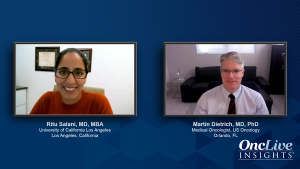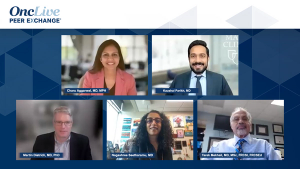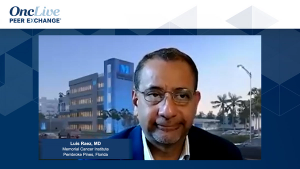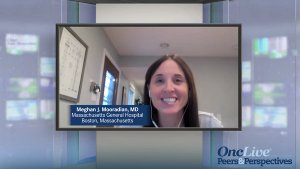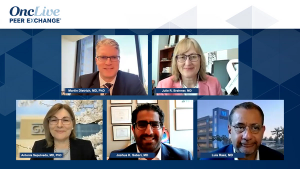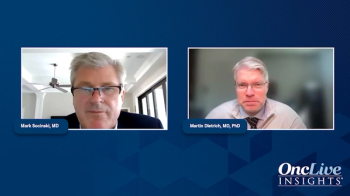
In their concluding remarks, the experts highlight critical future directions and unmet needs in non-small cell lung cancer (NSCLC). A major focus is on improving lung cancer screening. They note that current screening rates are unacceptably low (~20%) and emphasize the need to better integrate it into primary care. Furthermore, they call for expanded screening criteria to include populations not currently eligible, such as never-smokers and light smokers, especially women, who are increasingly being diagnosed.



